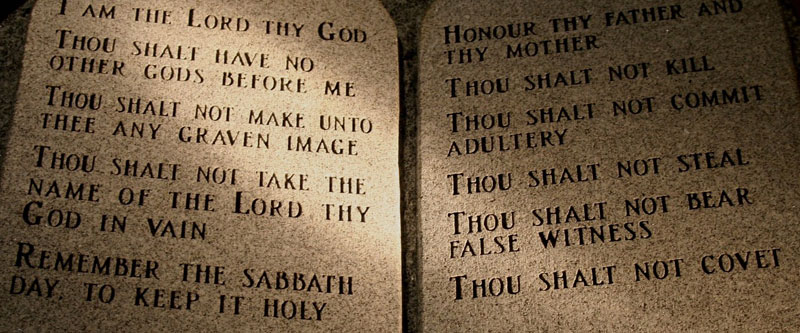
Probably like all of you, I have been trying to process through the recent events in our society. First there was all the upheaval because of COVID-19, and then all the civic unrest surrounding the death of George Floyd. People have reacted in different ways, some good, some evil. One thing that I have been considering in this spectrum of response is the apologies that are being made for privilege these days. To give the most gracious response to those who are doing so, I assume their intentions are good, but is apologizing for privilege, specifically white privilege, actually glorifying to God.
I want to state up front that I do not accept the blanket notion of white privilege as it is articulated today. Even on just an anecdotal level, to ascribe blanket privilege to one ethnic group seems to hopelessly over-simplify the complexities of a society made up of millions of intertwined lives. I am a middle-class white man. I am very sure that I have access to privileges that many, many millions of people of a variety of ethnic origins in our society do not enjoy. But there is also another side. I am also very sure that I do not have access to privileges that many millions of people enjoy. Many white, Asian, black, and Hispanic people have access to privileges that I do not.
Anecdotally I have experienced this myself. As a young man, I applied to teacher’s college when pursuing undergraduate studies. While applying for entry into the program, I was required to fill out forms (of course). On the cover page it stated explicitly that visible minorities and females would be given preferential treatment. In that program, I could be counted as being under-privileged. Minorities and women applied from a position of privilege. Again, this observation does not deny that there may be privileges I enjoy in another setting. I am simply making the point that to make a blanket statement on privilege of one ethnic group seems hopelessly over-simplified on its face. However, apologizing for privilege strikes me as problematic for a more significant reason: it is asking forgiveness for something God has not called a sin.
When I hear white Christians apologizing for their privilege, I want to ask them, “For which sin are you apologizing and seeking forgiveness?” Certainly, the Bible condemns showing favoritism (Jam. 2:1-7) and racism (Gal. 3:28), but privilege is not the same thing, and is not in and of itself sinful. In fact, God gives His people the fifth commandment to guide them in their various relationships, some in which they are privileged, and others not. The Westminster Shorter Catechism states,
“The fifth commandment requireth the preserving the honor, and performing the duties, belonging to everyone in their several places and relations, as superiors, inferiors, or equals.” (Westminster Shorter Catechism #64).
Sometimes people are in charge and enjoy certain privileges because of their position. Other times they are peers where the same rights are shared. More often than not, they report to others, living under their authority being deprived of privilege others have. In all of them, it is imperative to occupy those roles with dignity, respecting each other as made in the image of God. But it is also important to recognize God has not described these relationships as sinful by default. To apologize for having a privilege is to call sin what God has not called so.
As I’ve said, there are common-sense difficulties with the idea of blanket white privilege, so I want to leave that term aside. However, dealing generically with privilege, there is no doubt there are gradations of privilege in society. Privilege is morally neutral. Privilege can be held in a sinful way, or can be used to give God glory. Privilege in and of itself is not sin. To ask forgiveness for having it is contrary to the Bible which recognizes God’s providence, and His right to distribute His possessions and gifts throughout the world according to His own will. When these are used unjustly, the church should bring correction to her members. But when used for the glory of God, there is no cause to apologize, no matter which ethnic group you belong to. Within the church we are all God’s children, the body of Christ, and we are to work together in our different places and stations to give Him glory together. That is not the cause for division, but for praise.








